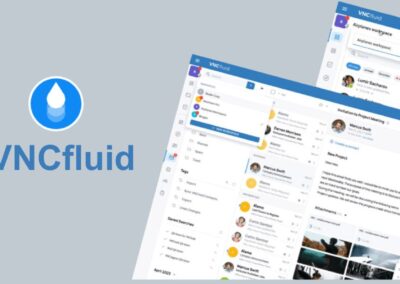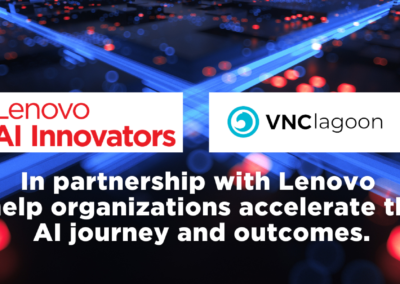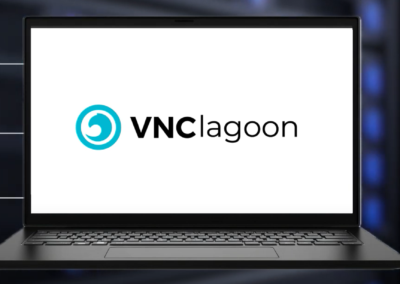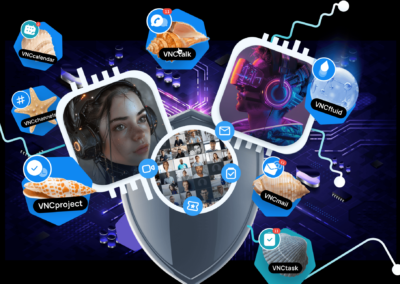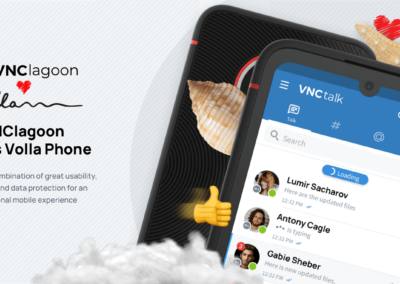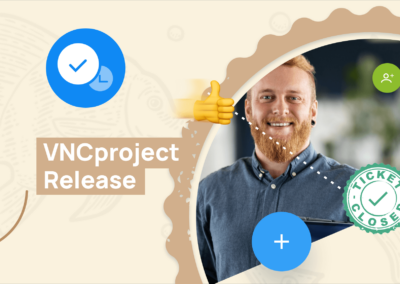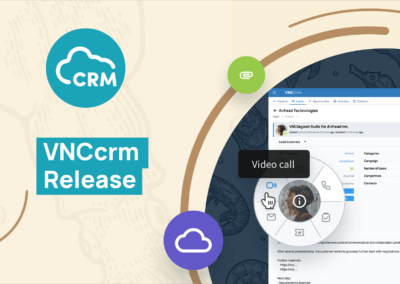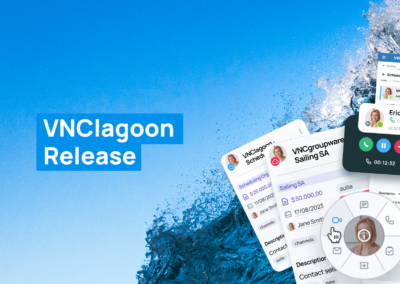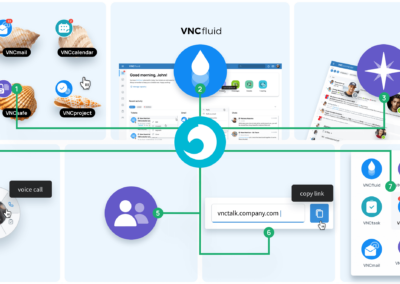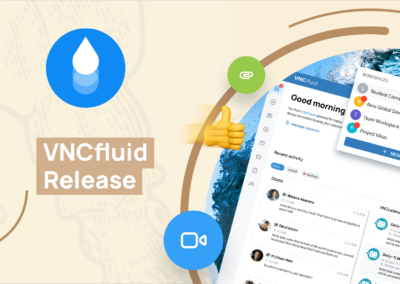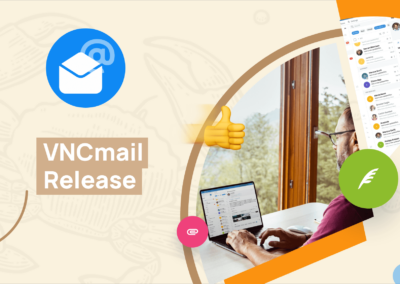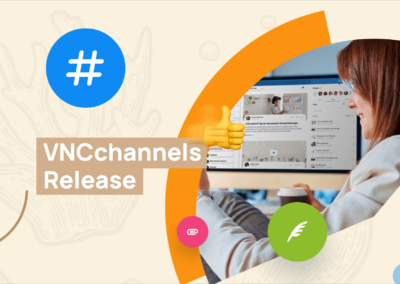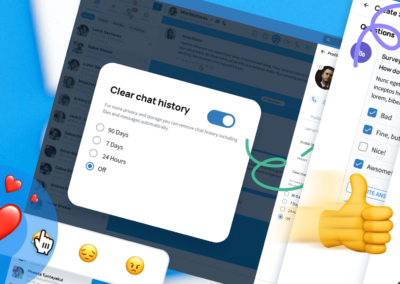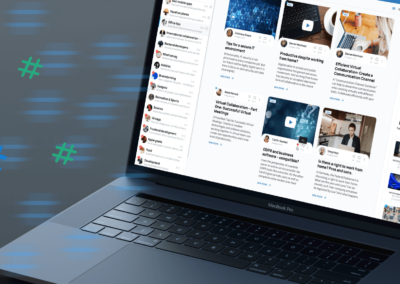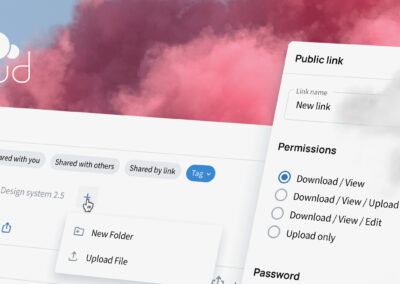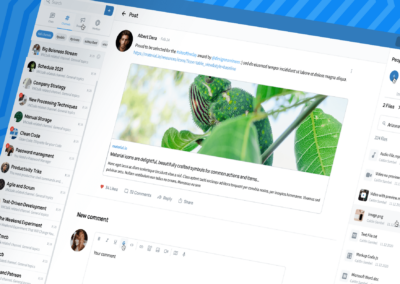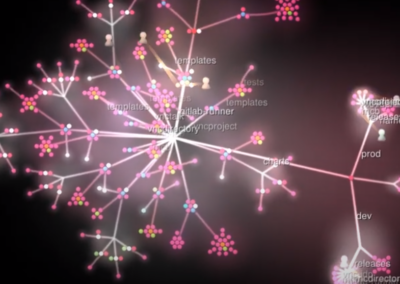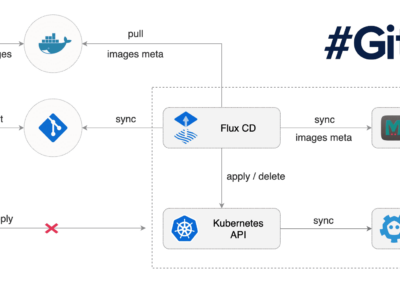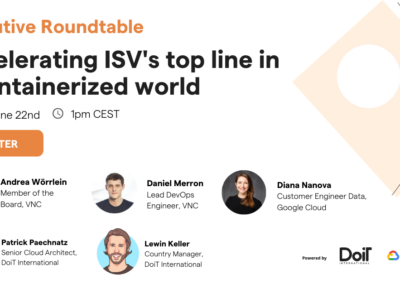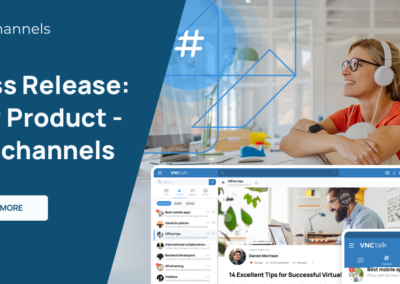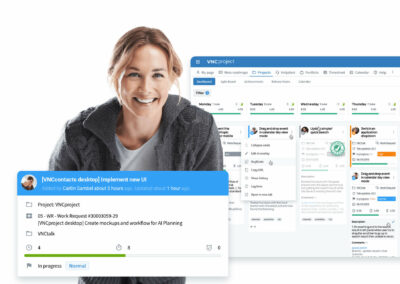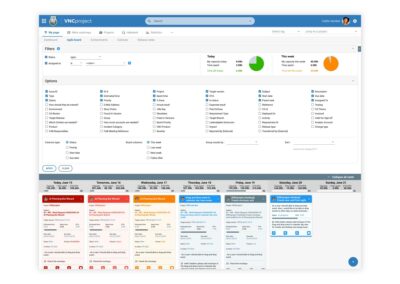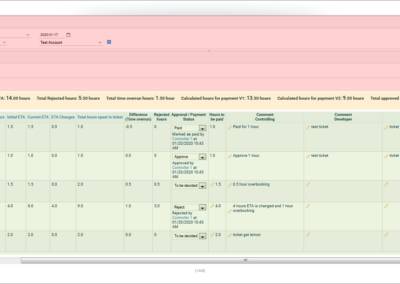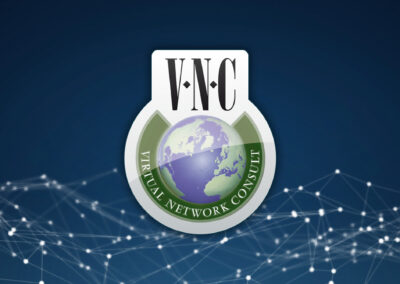The mystification of artificial intelligence sometimes leads to strange results. But it is neither the engine of a brave new world nor an apocalyptic threat. It is simply a new, albeit sophisticated, technology that we must all learn to use wisely. And that is our responsibility.
Any new technology is neither good nor bad in itself. It is the way we use it that gives it that dimension. Artificial intelligence is the same. In this respect, it is no different from other breakthroughs such as the taming of fire or the harnessing of atomic energy. Like those other breakthroughs, AI opens up previously unimagined possibilities – and, by extension, presents us with unprecedented challenges. Whether they are technical, economic, legal, political, moral, or ethical, we will often have to start from scratch. This is something we have to deal with. And this in the face of an almost maddening pace of development.
Unfortunately, the concept of technology assessment and its application have been forgotten. A first step would be, for example, to introduce AI as a compulsory subject in the curriculum. In addition to teaching the basic functions of analytical, predictive, and generative AI, the curriculum should include specific instructions on how to use it responsibly. This applies not only to schools, but to all of us. After all, no one can absolve us of the duty to critically engage with such an elementary cultural competency and develop the skills to do so.
Own data versus proprietary systems
AI is primarily about two elementary things: data and models. The core of generative AI systems are language models or Large Language Models (LLMs). However, these are usually bound to proprietary structures. ChatGPT, for example, is only accessible via the Azure platform. The reasoning behind this is clear: the data automatically ends up with the platform operator and can be used, analyzed, and reused for continuous fine-tuning of the LLMs. This creates dependencies. Proprietary platforms should therefore be avoided from the outset to prevent data leakage and uncontrolled use.
Alternatively, you can download LLMs and use them on your own hardware. In this way, users and companies retain control of their intellectual property. However, this requires them to build up their own AI expertise and manage it in a structured way. We need to be very careful about which models we allow to use our own sensitive data. This applies to both personal and professional use. If confidential company information is processed on proprietary platforms, misuse is inevitable. Companies should therefore have a vested interest in training their employees in the use of data and models.
Personal responsibility vs. top-down regulation
However, it is important to protect ourselves from an illusion: the states, the governments and the authorities are not going to take this task off our hands and regulate everything for us. No one can protect us from the combination of sentiment analysis and public camera surveillance, for example, which is already common practice in China and some European countries, becoming a dangerous instrument of power in the hands of the state. We have to do it ourselves. Those who allow their own data sovereignty to be undermined have already lost. That’s why we need to actively and critically engage with AI and learn to use it as an exciting new tool. Once again, we are all faced with the question of whether to use a revolutionary technology creatively and productively for the benefit of humanity, or to allow it to dominate us.
About VNC – Virtual Network Consult AG
VNC is a global software company that develops open source-based applications for communication and collaboration in large companies. With its global developer community, VNC has created the integrated product suite VNClagoon, which is characterized by state-of-the-art technology, universal usability, low TCO and the strictest protection and security measures, thus helping to preserve the right to digital sovereignty. VNC is thus positioning itself as an open and secure alternative to the established US software giants. VNC’s customers, with headquarters in Switzerland, Germany and India, include system integrators, financial and healthcare service providers, public administrations and authorities, telcos and non-profit organizations.
Further information at https://vnclagoon.com, on X at @VNCbiz and on LinkedIn.
Contact:
Andrea Wörrlein
VNC – Virtual Network Consult AG
Poststrasse 24
CH-6302 Zug
Phone: +41 (41) 727 52 00
aw@vnc.biz
Kathleen Hahn
PR-COM GmbH
Sendlinger-Tor-Platz 6
80336 München
Phone: +49-89-59997-763
kathleen.hahn@pr-com.de

